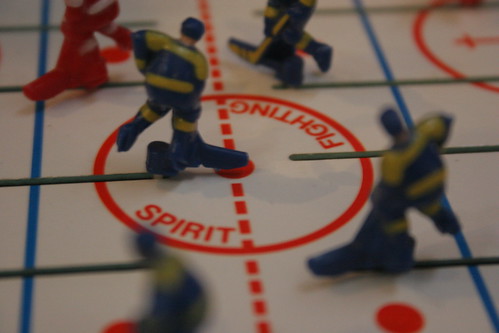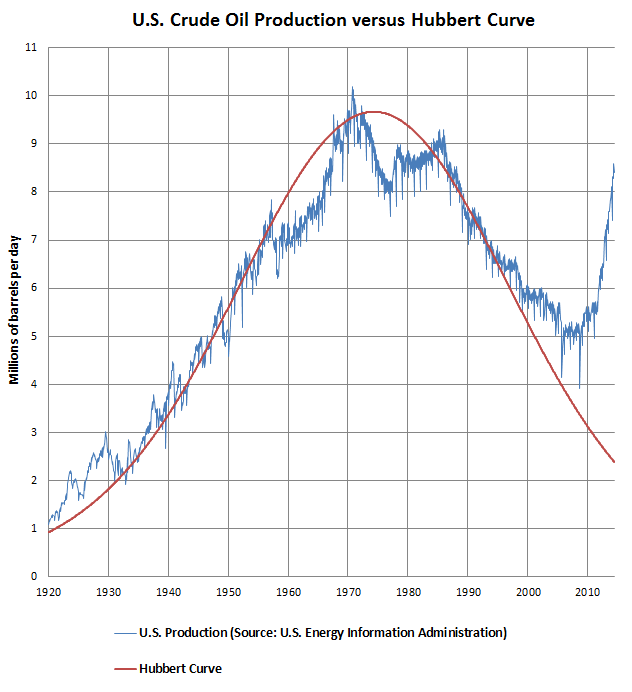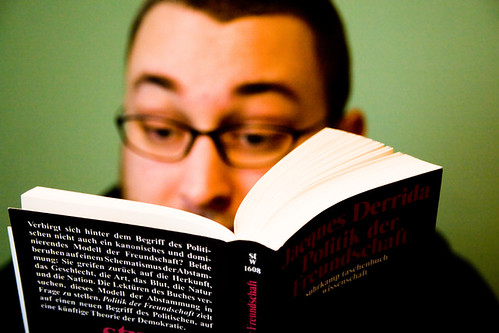
I am a competitive guy. Compared amongst Stanford “I must overachieve”rs, I am more competitive than most. Compared to the athletes I have encountered over the years, I am more competitive than most. Even compared to the Stanford athletes crew I roll with, I am more competitive than most. But I am quiet about it and the casual observer might never know.
Why is this? Why do some people show their fire while others keep it inside? More specifically, why am I the way I am? I have a theory.
It involves the demeanor of a favorite and that of an underdog. As a favorite you want to be intimidating. You execute perfectly. You don’t show emotion. Nothing affects you. If you hit a snag, it is simply an expected obstacle on your path to glory. If things are going well, it is as expected and no reason to celebrate. If you are winded or struggling, you hide it in hopes that your opponent will mistake you for a machine.
The mindset of an underdog is different. You want to place a hint of doubt in the head of the favorite. You want to show that you want it more. That you are willing to work harder. That you have luck on your side. You believe that momentum will have an actual affect on the next play, and maximize this momentum with celebration. If you are winded or struggling, you wear it as a badge of honor, in hopes of showing just how far you are willing to go to win.
In my competitive infancy, I was a favorite way more than an underdog (in most cases not due to my contributions, so this list is in no way bragging). In 7th grade I played on a basketball team that rolled through every youth team in the city. My freshman year I played on a football team that went undefeated in an area where football is a big deal. In high school I played on volleyball teams that made it to the LA section championship 4 years straight, in the best volleyball city in the country. My senior year of high school, I played on a volleyball team that won the club national championship in convincing fashion and apparently had the most top 50 recruits of any volleyball team in history.
This was the time that I was developing my competitive nature. In most cases when my team walked into the gym, we were better than you and we knew it. And this formed my demeanor and mindset in competition. To this day I act accordingly, even though I find myself an underdog more than not.
An incident last Friday night got me thinking about this. I was a little bit stiffly (I got sick for the 2nd time in almost 4 years of being a vegetarian, which is way way way less than before) and was heading to bed around 10 to get a good nights sleep. But I figured I’d have a hard time falling asleep so I put on a movie and watch part of it. When I realized I had seen the Magnificent Sever before, I put in Miracle. Oops. 5 minutes in, I was wide awake. It got my competitive juices flowing instantly. Two hours later, the movie ended and I was wide awake. I was so jacked I was awake for another hour.
Photo: Ryan Policky










